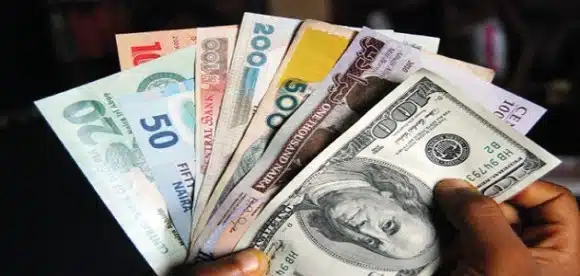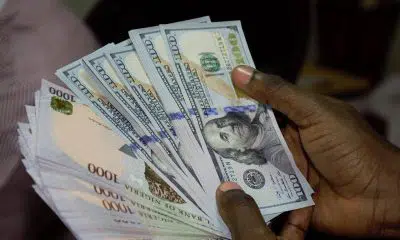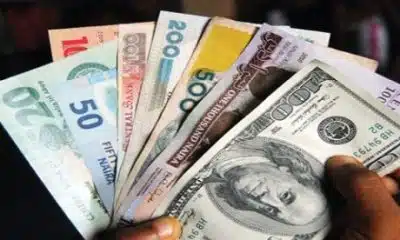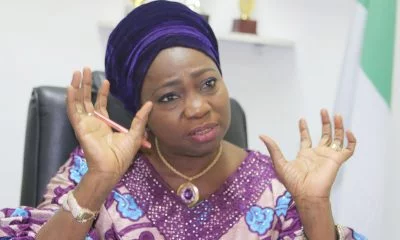Business
Naira Hits ₦1,000/$ In Parallel Market Ahead Of CBN Sale To BDCs

The value of the naira gained strength on Monday afternoon in the parallel market, having opened at ₦1,130 to the dollar in the morning.
It was learned that the naira was selling at ₦1,000 to the dollar at the parallel market by noon on Monday.
Last week Monday, the Central Bank of Nigeria (CBN) offered $15.88 million to BDC operators at ₦1,101 to the dollar, pushing up the value of the naira on the streets.
The CBN sells dollars to the BDCs at the lower band of rate quoted on the Nigeria Autonomous Foreign Exchange Market (NAFEM).
Last Friday, the value of the naira was between ₦1,265 and ₦1,100 to the dollar in anticipation of another liquidity push by the apex bank.
According to Leadership, the value of the naira, which opened trading activities on the parallel market at ₦1,130 to the dollar, had firmed up to ₦1,000 by midday.
This corroborates with the projection of US Bank Goldman Sachs, which at the weekend projected that the naira would be trading at ₦1,000. Goldman Sachs Group Inc. had projected that the naira would be among the best-performing currencies in the world.
Having predicted in February that the naira would strengthen to ₦1,200 per dollar this year, Goldman economists, say they see it potentially advancing beyond that level after a raft of measures by the central bank.
Those included 600 basis points of cumulative interest-rate increases at policy meetings in February and March, as well as other steps to ease the local scarcity of dollars that fanned volatility and forced companies to the parallel market.
Goldman’s Andrew Matheny told Bloomberg Newswire in an interview that “this probably can run further; we would see an extension of the move to 1,000 and maybe even sub-1,000, six weeks have gone by and they’re continuing to hold the line, so that’s encouraging.”
The group maintains its 12-month forecast for the naira at 1,200 per dollar, owing to uncertainty around the ability of the authorities to maintain the reform tempo, though it now sees risks to that upbeat projection.












